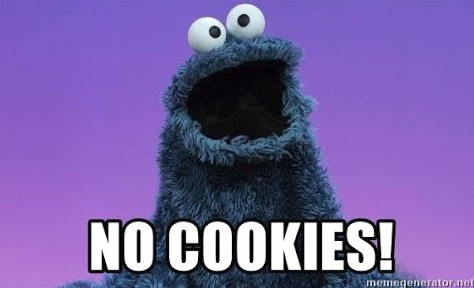For Google Ads users, a familiar friend is being shown the door. Broad Match Modifier keywords, a staple in campaign management for over a decade, are being phased out. But what exactly are BMM keywords, and why is Google doing this?
What Are BMM Keywords?
BMM keywords offer a middle ground between two existing match types in Google Ads: broad match and phrase match. Broad match allows your ads to show on a wide range of searches, even if they don’t exactly match your keywords. Phrase match requires your keywords to appear in the search query but can include additional words before or after them.
BMM keywords give advertisers more control. By adding a plus sign (+) in front of a specific word within a keyword, you can ensure the word always appears in search queries that trigger your ad. For example, a BMM keyword like “+running shoes” shows your ad for searches such as “best running shoes for men” or “buy running shoes online,” but not for searches like “walking shoes” or “athletic apparel.”

Why Are BMM Keywords Going Away?
Google’s reasoning for phasing out BMM keywords is twofold. According to the company, BMM keywords have become too similar to the updated version of phrase match that was rolled out in 2021. This update allows phrase match keywords to trigger on a wider range of searches, including searches with synonyms or implied words.
Secondly, Google wants to simplify the keyword match type landscape for advertisers. With fewer match types to manage, advertisers can focus on creating targeted campaigns that reach the right audience.
What Should I Do Now?
If you’re currently using BMM keywords in your Google Ads campaigns, here’s what you need to know:
- Google has stated that your existing BMM keywords won’t be deactivated and will continue to show your ads based on the updated phrase match behavior.
- Google is no longer allowing the creation of new BMM keywords, but you can use phrase match keywords for a similar level of control.
- Take this opportunity to review your overall keyword strategy and consider using a combination of phrase match, exact match (where your ad only shows for exact keyword searches) and broad match keywords to reach your target audience.
What’s Replacing BMM Keywords?
While BMM keywords are no longer available, these strategies can help you achieve similar results in your campaigns:
- Enhanced phrase match: This beta program, currently available to selected advertisers, allows even more control than the standard phrase match option. With enhanced phrase match, your ad can appear for searches with close variations of your keyword but not for searches containing synonyms or implied words. For example, a keyword such as “running shoes” with enhanced phrase match might show your ad for “women’s running shoes” but not “athletic footwear.”
- Phrase match with close variants: This option, available by default to all advertisers, allows your bidded keyword to capture some of the reach that BMM keywords offer. It includes searches with misspellings, singular/plural variations and other close variations of your chosen phrase.
- Smart bidding strategies: Google’s automated bidding systems, such as Target CPA and Maximize Conversions, can be a powerful tool for managing your campaigns. These systems use machine learning to optimize bids for specific goals, helping you reach the right audience and achieve your desired outcomes.
- Audience targeting: Don’t underestimate the power of audience targeting. By utilizing demographic, interest and in-market audience features, you can focus your campaigns on users more likely to be interested in your product or service. This can help you achieve better results, even with broader match types.





